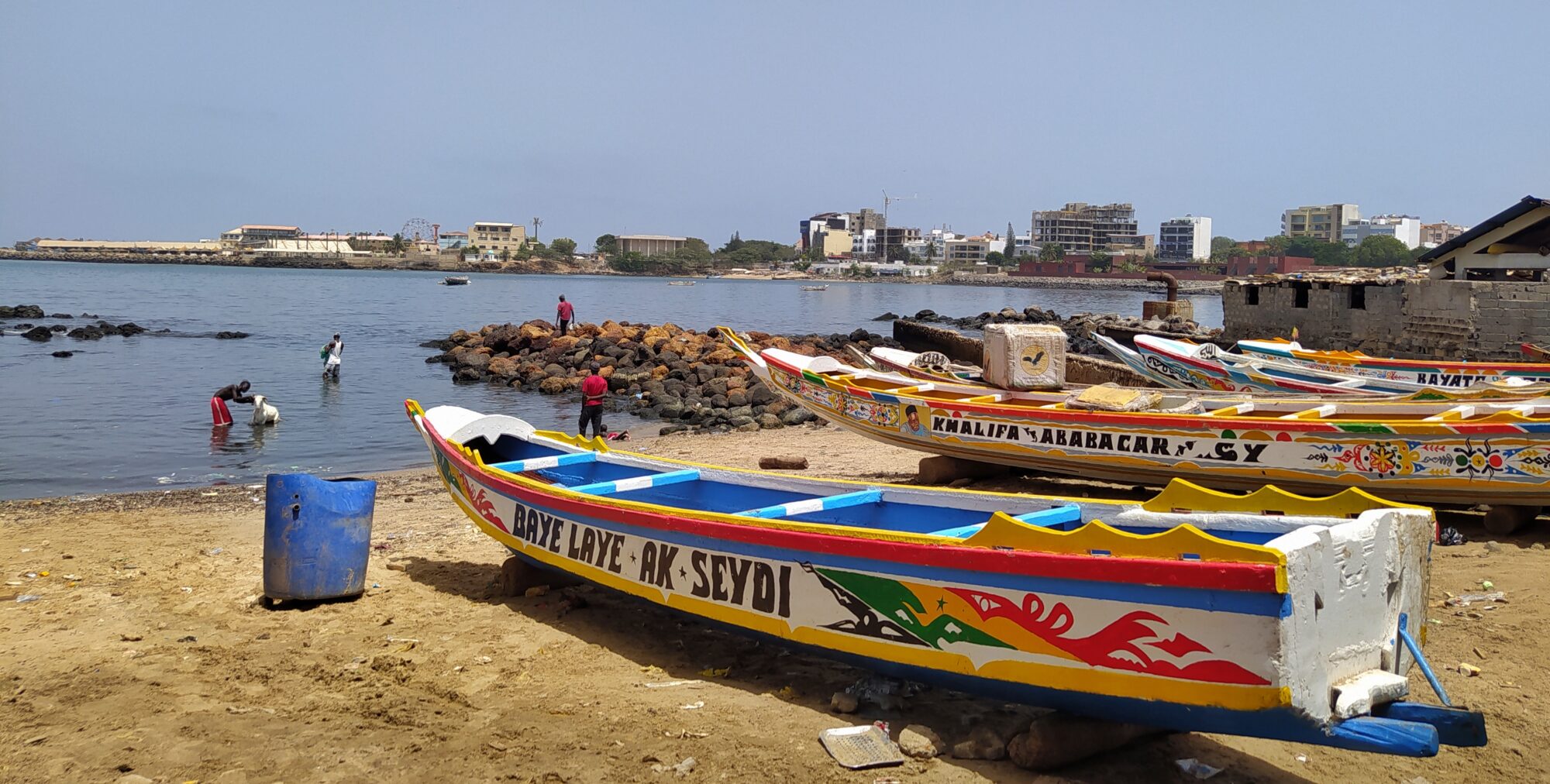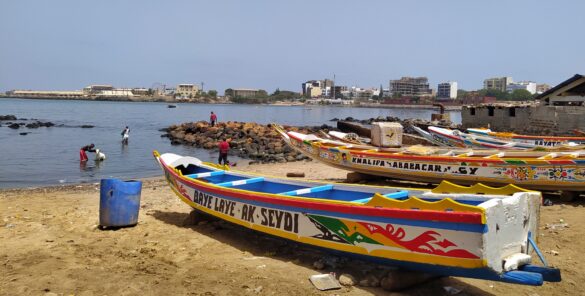In the region of Louga, Senegal, a promising best practice is emerging in the field of coastal management and climate risk awareness. Driven by collaboration and scientific insight, the initiative highlights how regional efforts can contribute to more informed and proactive responses to climate-related threats along the coast.
As part of the West Africa Coastal Resilience Investment Project (WACA ResIP), a regional initiative funded by the World Bank, the Department of Louga is seeking to establish a strategic partnership with the National Observatory of the Littoral. This collaboration aims to deepen the scientific understanding of coastal risks while strengthening local capacity for effective risk management.
Informing action through scientific data
The WACA ResIP initiative highlights the critical role of science-based policy and evidence-driven decision-making in climate adaptation efforts. With coastal erosion and sea-level rise posing escalating threats to Louga’s communities, infrastructure, and ecosystems, the project seeks to provide decision-makers with advanced tools and data – including up-to-date geospatial information, vulnerability assessments, and predictive modeling – essential for informed planning and targeted action.
Moving from reaction to anticipation
By incorporating scientific insights into local development strategies, Louga and other coastal Senegalese regions stand to become significantly better equipped to anticipate, mitigate, and respond to coastal hazards. The implementation of early warning systems and detailed risk mapping will enable proactive responses, moving away from reactive crisis management.
Fostering knowledge sharing and regional networks
Beyond risk mitigation, the initiative also seeks to enhance data sharing, communication, and knowledge diffusion at both local and regional levels. It supports networking among coastal stakeholders and contributes to the broader objective of establishing a network of national coastal observatories across West Africa. These observatories will serve as knowledge hubs, enabling coordinated responses to climate challenges, fostering regional integration, and promoting sustainable coastal governance.
>> Article en français

This story, shared for the UN Ocean Conference 2025, is presented within the framework of the COOP’R project, led by the Association Internationale de Régions Francophones (AIRF) with support from Regions 4, the Federation of Regional Natural Parks, and Nitidae. The project aims to promote interregional cooperation for the economic and social development of Francophone territories through biodiversity management.


